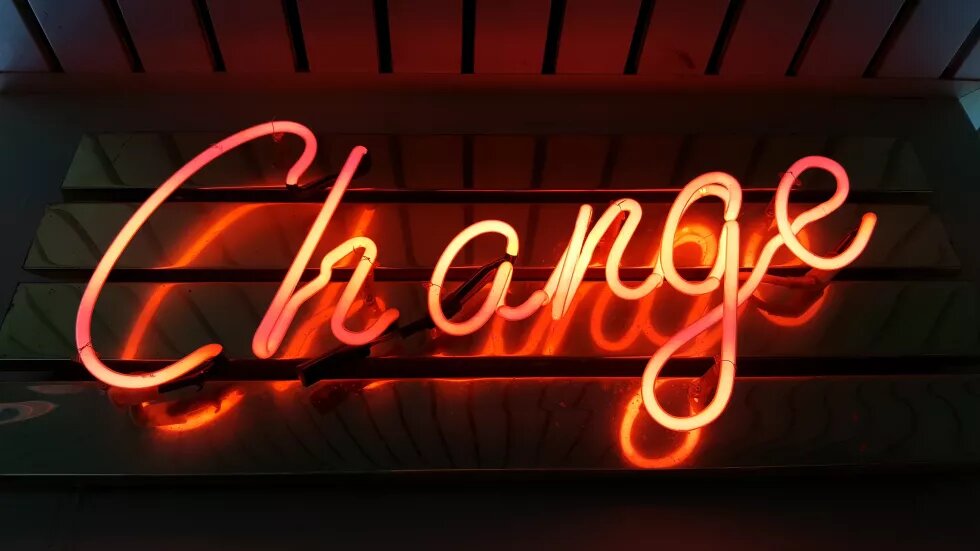
Freedom of Expression is widely accepted as a fundamental civil and political right, however within free speech discourse there is a tendency to ignore the particular claim feminists have to the right as a means of political emancipation and recognition. We call for a re-examination of the rigid prisms through which speech on the internet is viewed in light of feminist perspectives.
Spaces and opportunities for speech are often foreclosed for womxn even before they find their voice. Feminists and queer activists have carved out spaces for themselves on the internet, even when these spaces have been actively hostile towards them. Despite attempts to reclaim the internet, it seems that the patriarchy is fighting back. On one hand, the internet is the site of political expression for women, non-binary folks and transgender individuals; on the other, these individuals are being silenced through widespread, and oftentimes targeted, online harassment. The internet serves as a last resort for womxn who are failed by justice systems in their respective countries; but these very womxn are being silenced through the defamation notices and lengthy litigation for speaking up online—silenced by the very systems they sought to call out. The internet is paradoxically giving expression to both a new wave of the feminist movement and misogynistic speech of a percolating anti-feminist movement. Queer users who used the internet to assert their sexuality are being censored under ham-fisted content regulation policies of tech giants—their expression is now labelled ‘obscene’.
The internet has always been the site of discourse, contestation and difference; however, it is important to recognise that our digital spaces are becoming unwelcoming and hostile for womxn. Fixing the internet requires deep soul-searching regarding who we envision as the subject of the internet and reforming laws that curtail and exclude womxn’s speech. We demand that the lived experiences of women, non-binary folks, queer individuals and transgender community—along with intersectionalities of oppression such as race, class and ability that undercut gender and sexualities—be placed at the centre of policy discussions regarding speech and content regulation.
This article was first published (12th November 2019) online via hiig.de and is part of the publication "Critical Voices, Visions and Vectors for Internet Governance".

